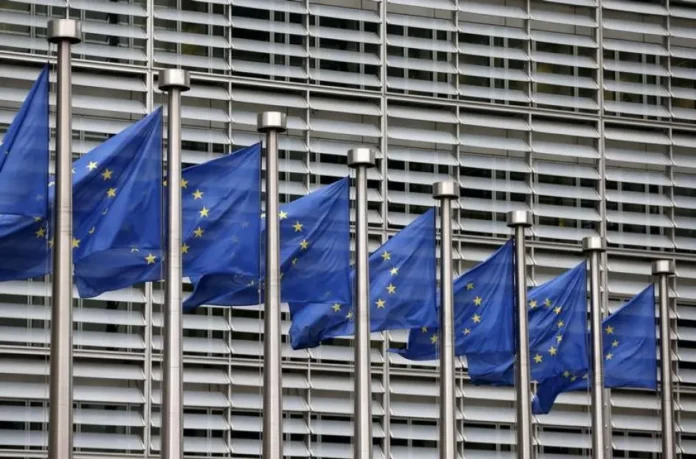Croatia has secured a major financial boost from the European Union, with the European Commission approving the sixth tranche of funding worth €835.6 million under the Recovery and Resilience Facility.
As part of the NextGenerationEU plan, this funding supports key reforms in healthcare, anti-corruption, energy, and digital infrastructure, reinforcing Croatia’s path towards sustainable growth and EU integration.
Good News for Croatia from Brussels
Good news arrived for Croatia on Tuesday from Brussels. The European Commission approved the disbursement of the sixth tranche totalling €835.6 million under the Recovery and Resilience Facility, which is the backbone of the NextGenerationEU instrument.
The Commission, effectively the EU’s executive body headed by Ursula von der Leyen, preliminarily concluded that Croatia has satisfactorily met 15 key milestones and 11 target values outlined in the Council Implementing Decision for the sixth tranche of grants and the second tranche of loans.

Final Approval Awaits from EU Economic and Financial Committee
The final decision, according to procedure, is made by the Economic and Financial Committee (EFC) of the European Union, which must provide its opinion within the next four weeks. If this opinion is also positive – as expected, given the Commission’s favourable assessment – then the funds can be transferred to the Croatian state budget.
Allocation of Funds Across Strategic Sectors
These funds are intended for areas such as healthcare, anti-corruption efforts, geothermal research, hydrogen development, water management, resilience to natural disasters, energy connectivity of islands, and energy security.
Part of the funding will also go toward further digitalisation of the healthcare system through the most modern surgical equipment and expanding patient intake capacity, as well as the introduction of new legislation on the management of state-owned enterprises.
Reform of State-Owned Enterprises
In this area, there are expectations to strengthen the effectiveness of internal control systems in state-owned enterprises or to establish professional and independent supervisory boards.
The aim is to improve the efficiency of state enterprises such as Hrvatska elektroprivreda (Croatian Electric Utility), Hrvatske šume (Croatian Forests), or Hrvatske vode (Croatian Waters), where management is often politically appointed. The party that wins the elections typically installs its own personnel, which often is not the best choice. This is now expected to be corrected through independent supervisory boards.
Commission’s Positive Assessment of Croatia’s Progress
The Commission has thus positively assessed the implementation of key milestones and targets achieved so far and expects that the reforms and investments linked to this funding will stimulate positive changes for Croatian citizens and businesses.
Overall, under the EU’s Recovery and Resilience Facility, Croatia is set to receive a total of €10 billion – of which €5.8 billion are in grants and €4.2 billion in loans.
Oversight of EU Funds Spending
The spending of EU funds is primarily monitored by the Croatian State Attorney’s Office and USKOK (Office for the Suppression of Corruption and Organised Crime), particularly when state structures are involved in criminal activity or corruption, as well as by the European Public Prosecutor’s Office (EPPO).
The latter institution is headquartered in Zagreb and is led by a former head of USKOK. It employs around ten or more staff members, who are appointed and funded by the European Public Prosecutor’s Office in Brussels.
Investigations and Legal Consequences
When conducting investigations, they are supported by the Croatian police and other state institutions, and when they uncover illegal activity, they submit indictments to Croatian courts.
Naturally, they also oversee the proceedings. Due to their operations, several ministers from the current or previous governments have already been dismissed, along with a significant number of entrepreneurs, for embezzling EU funds.
At this point, all state officials, whether at the national or local level, are aware that they can misappropriate a portion of these funds – but also that they can easily end up in prison for it. Courts typically order full restitution of stolen funds.
NextGenerationEU: A Pan-European Recovery Instrument
NextGenerationEU is a temporary instrument of the European Commission, worth €800 billion, established after the COVID-19 pandemic, with its key objective being the creation of a stronger and more resilient Europe.

